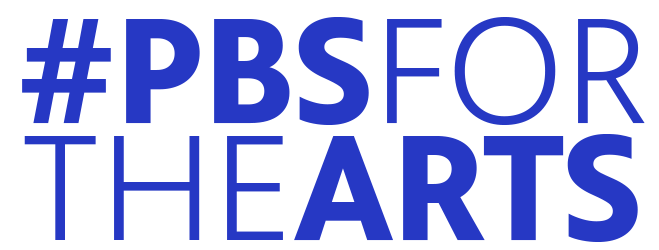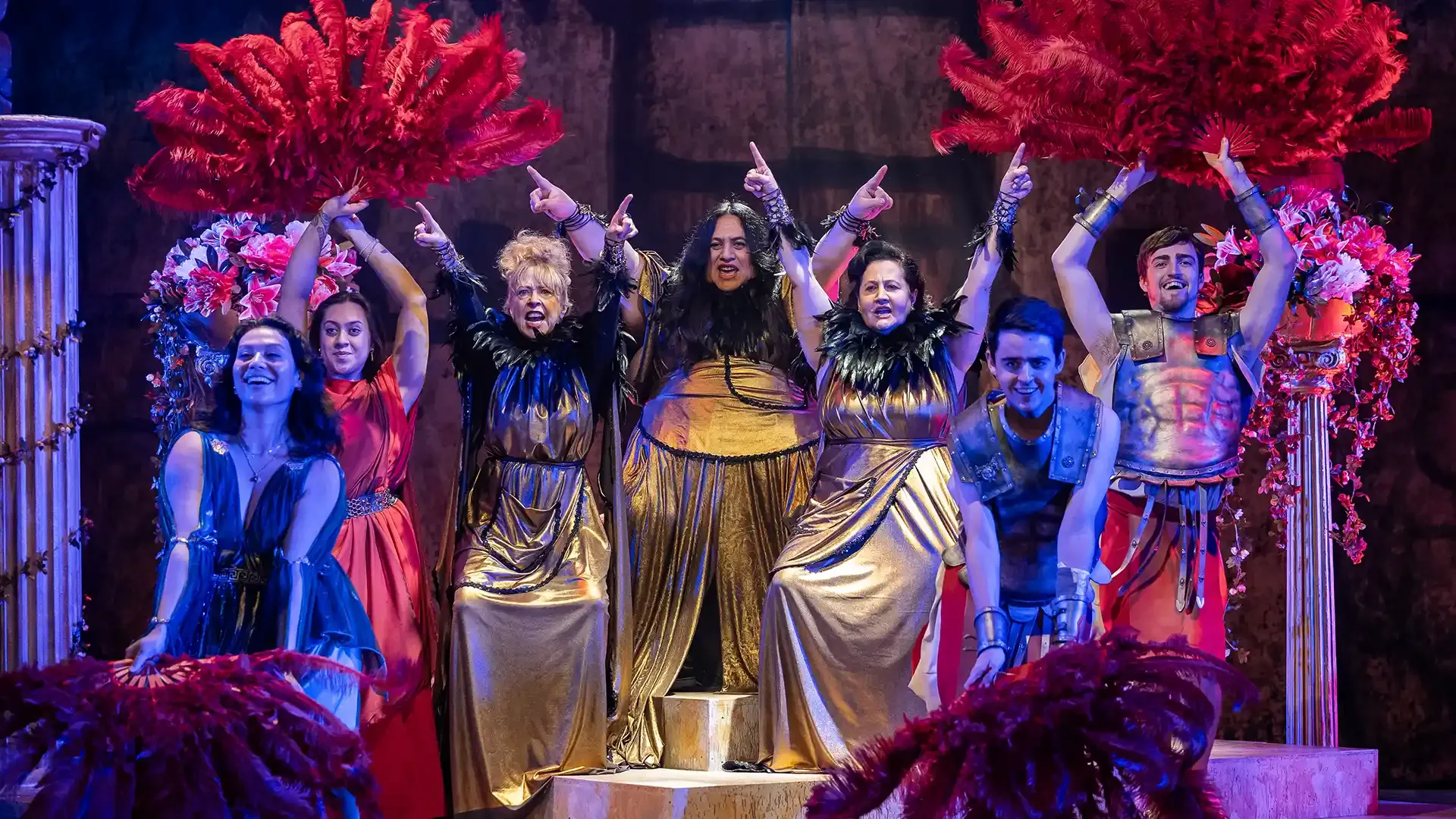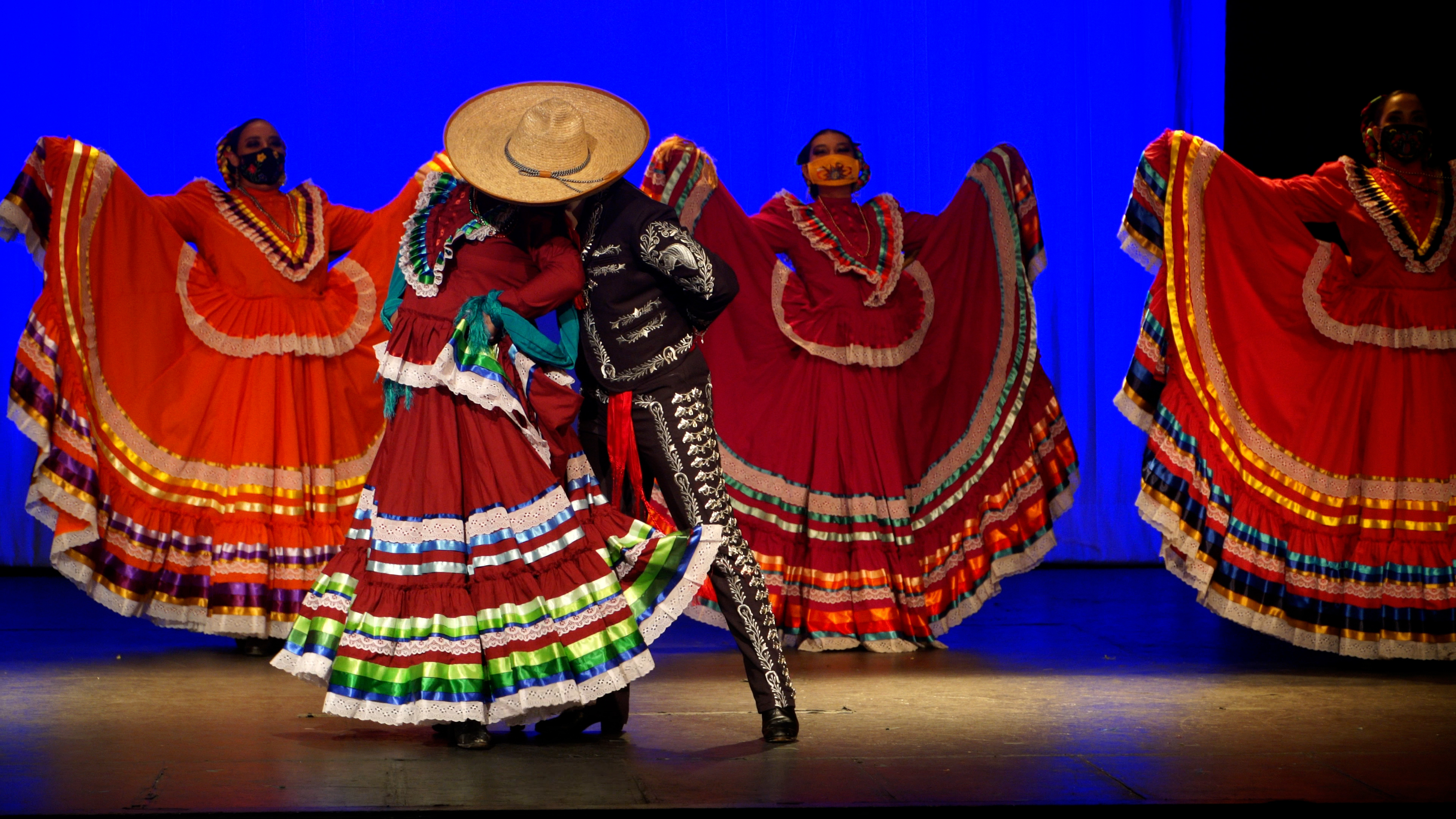Sharon Swab has enjoyed a successful career in film and TV production, with an extensive list of Assistant Directing credits on shows including The George Lopez Show, ER, Pretty Little Liars, United States of Tara, The Banger Sisters, Truman, and many more. In the following interview, Sharon talks about the profound experience of fostering two rescue dogs during the pandemic, the impact of COVID-19 safety protocols on film and TV production, and more.

What is your background, and how did you first begin working in film and television production?
Born in Chicago, from a family of engineers, I made my way west, from Northwestern through Iowa, to Denver (Law School) to California to help my musician friends. That led me to a career in the music business -- first working in Business & Legal Affairs at MCA Records, and quickly switching to a more creative path in Advertising & Marketing. Then, on to Capitol Records in the Artists & Repertoire Department, where I was fortunate to be able to work on the documentary Imagine, John Lennon, as well as the Rain Man and Moonstruck soundtracks. I managed Capitol Recording Studios and then left for Hollywood Records to become the Director of A&R and Soundtracks there.
I was assigned the band Queen, for their final record, and traveled the world in search of the original master tapes. I was in charge of remastering all of their albums for digital release, working with Brian May from the band. In addition, I worked on multiple soundtracks with the in-house Disney labels, Touchstone & Hollywood Pictures. I loved the collaboration that occurred in the film world and left the record business behind to become a Directors Guild of America (DGA) Trainee in 1994. I started working as an Assistant Director in 1996 when I graduated from the Directors Guild Training Program, and never looked back.
Your IMDb page shows an extensive and impressive list of production credits. What are some favorite career highights?
I’ve been fortunate to work on huge features (Avatar, Primal Fear), critically acclaimed films (Ken Loach’s Bread & Roses, nominated at Cannes; and Ray Bradbury’s Wonderful Ice Cream Suit), along with numerous episodic television series, movies, and comedies like The George Lopez Show, The Office, and Kevin Can Wait. I love comedy because we get to play and laugh all day, and hopefully bring a little laughter into people’s homes. What could be better than that?
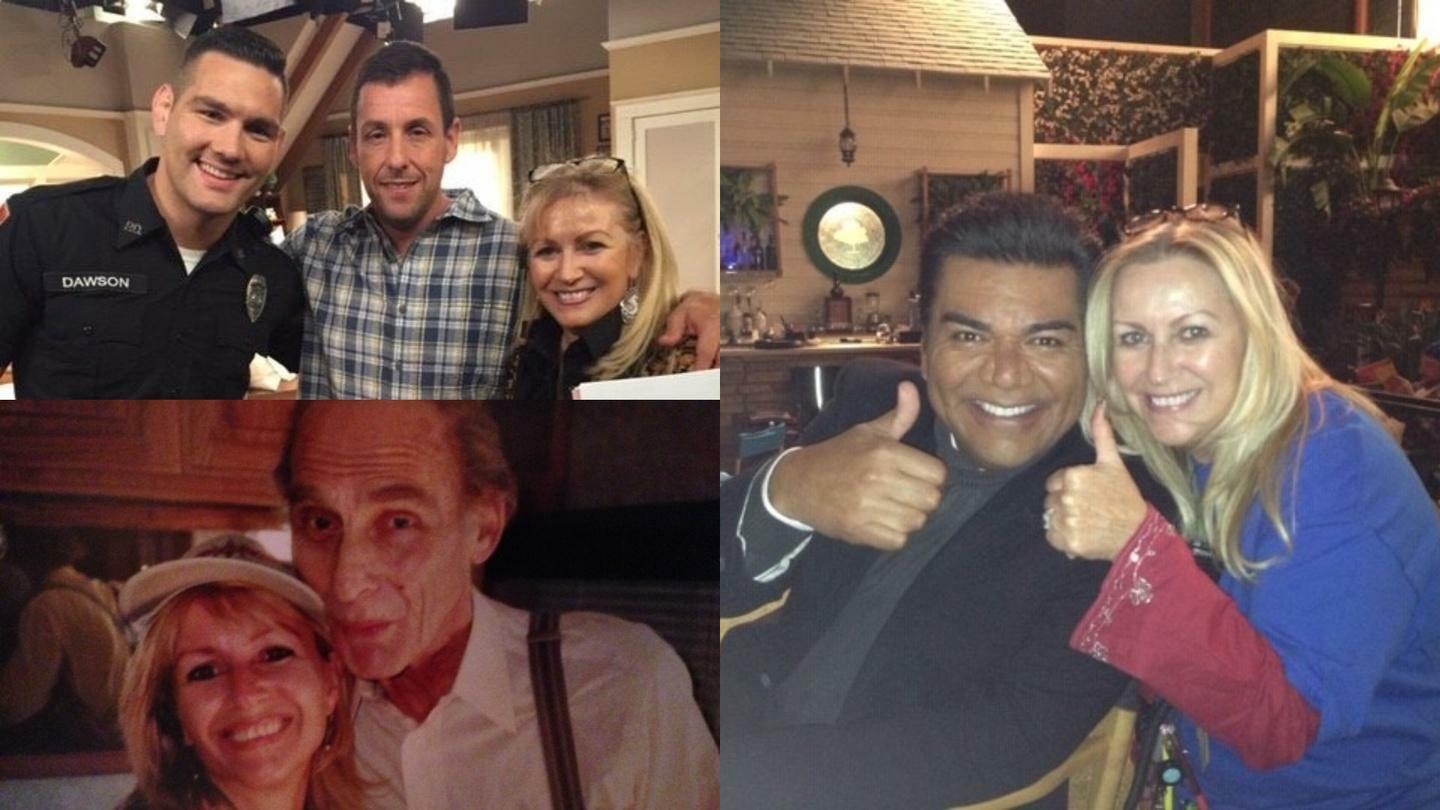
What does an Assistant Director do?
As an Assistant Director, I break down the script, determine the shooting schedule and run the set, making sure all the departments know what we are shooting and when, so we can all be prepared and help realize the Directors’ and Writers’ visions for the show.
You were working on a new TV pilot in LA in March 2020 when the COVID-19 pandemic hit and shut down production. Were you in pre-production at the time, and has production resumed?
I was just about to start prep on a pilot for ABC when we were notified we’d be pushing a couple weeks. And of course, we all know what happened: all production was shut down. The network eventually decided not to go ahead with that show. I did work as a Stage Manager on a political puppet variety show last fall, but the COVID protocols were very difficult to follow on that particular show. In the meantime, I took a writing class, wrote a short film, guest lectured for a university class on Stage Managing, was a guest on a comedian’s podcast, planted a vegetable garden in my driveway, and fostered two rescue dogs.
Many people are transitioning to different careers and pursuing new interests during the pandemic. You’ve become a self-taught dog trainer. What inspired you to explore this path?
I used to always have big dogs, but living alone, working long production hours, and travelling in my time off didn’t lend itself to having a dog anymore. But when the lockdown started, I thought I’d be home for a couple months (haha) and could foster a dog. I would have company, someone to cuddle, and could spend some time teaching a dog who might otherwise not make it, so he could get adopted into a loving forever home. In addition, I thought it would be great exercise for me to have to take a dog for walks, instead of spending my quarantine sitting on the couch in front of the TV.
It took a while for me to get a foster dog because the demand had risen so dramatically. I kept telling myself I just needed to have patience, and the right dog would come along. Sure enough, in April 2020, Alison from the rescue The Eastwood Ranch Foundation called and said she had a dog for me. She sent me a photo of this black and white dog looking scared in a corner of a kennel. I asked Alison what her name was, and she said, “Patience.” The Universe delivered!
What were your first days with Patience like?
When Patience arrived, contrary to my fantasies of cuddling with a dog and going for walks, instead, I had a dog who was terrified of everything (including the leash) and extremely shut down. She hid in my bathroom for about four days, afraid of me. At 3 a.m. on the fourth night, she started running around like crazy, jumped on the bench in the back room, and started howling. She had originally been picked up as a stray with her brother, but they had been separated at the shelter. I felt that Patience was calling out to him to let him know where she was.
The next day, I called Maissa from Eastwood Ranch, and she was able to track down the brother who had been rescued from the shelter by another group and placed with a foster home in San Diego. Three rescue organizations worked together to get him to me. A couple of days later, Maissa unloaded a large crate in my driveway. We had to carry Patience out of the bathroom to the driveway, but once she saw her brother, she ran right into the crate. We had a rescue reunion, and Patience’s transformation began.
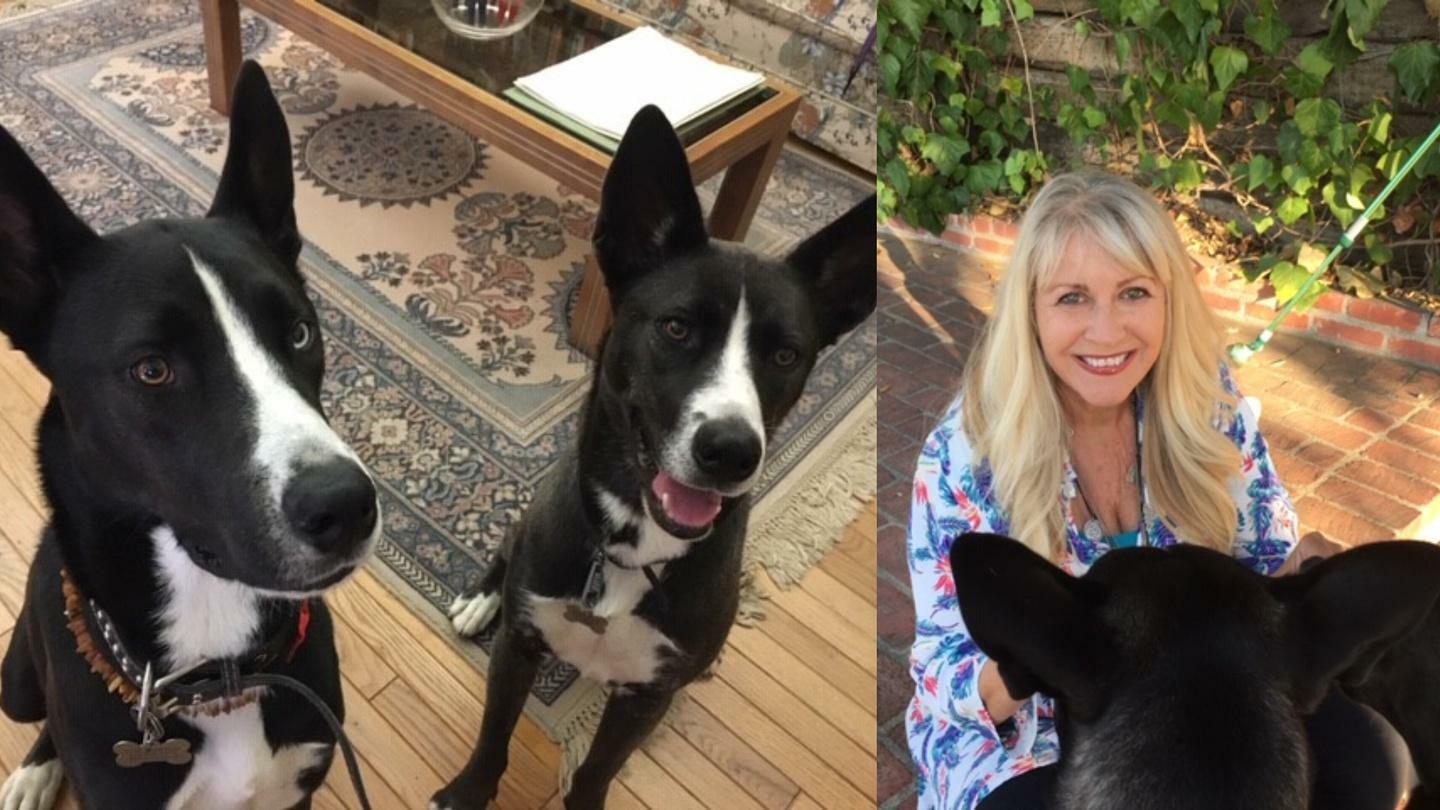
Your canine family multiplied very quickly!
Yes, suddenly I had two big scared dogs that hadn’t been socialized. This was uncharted territory for me -- all my dogs in the past were classic, well-adjusted dogs. And thus I began my journey. First, I took an online Zoom Puppy class, even though these dogs weren’t puppies. Lots had changed in the behavioral science of dog training and these two needed a lot of work to ostensibly get them ready for adoption into a permanent home. I had my work cut out for me. Because of the COVID lockdown, I had nothing but time and love to give, and plenty of resources on the internet. I found some wonderful Canine Enrichment groups and a Dog Training & Advice Group, and also joined a couple of McNab Shepherd groups on Facebook. Based on they way they looked, it seemed they might be McNabs, a Border Collie mix with smooth coats and very distinct characteristics.
It sounds like it was a transformative experience for these incredible dogs and you.
Absolutely! All in all, it was a mutual rescue situation. I rescued them, and they rescued me -- we found each other during the pandemic. They helped keep me focused on their welfare and not the insanity and tragedy that had gripped the world. Eventually, I gained their trust and they went from hiding in the bathroom to sleeping next to me on my bed. I got Patience, and she needed patience.
I renamed her brother Atticus, and he has helped her come out of her shell, since he’s more confident. I took Ian Dunbar’s dog training course online -- hours and hours of course work on animal behavior and dog training using classical conditioning. My undergraduate degree in Psychology suddenly was feeling relevant. I’m glad to see the trend in training these days is positive reinforcement, not the old aversive, dominant tactics. There are so many great resources to engage the dog’s brain to make them happier and help them lead more satisfying lives. It’s been incredibly rewarding to see these two formerly wild, shy, skittish dogs come out of their shells so they can lead happy dog lives. I have just recently extended my toolbox by adding personal coaching sessions with a great Hollywood dog trainer. We’re all still learning, but they’ve come a long way.
Support your local PBS station in our mission to inspire, enrich, and educate.
What do you miss the most about working in TV production?
I miss my production family and friends. When you work on a show, spending so many hours, weeks and months with the same group of people -- cast and crew -- it really becomes a family. I’m a very social person, so I miss all that interaction, and the creativity of what we do on set to make a good show. And I miss my team of Second Assistant Directors.
Productions are now required to follow strict COVID-19 safety protocols. What are some of the procedures that must be in place, do they present any challenges, and do they affect your job as Assistant Director in any way?
I’m hoping with the extensive rollout of the vaccines, perhaps some of the more restrictive protocols will relax a bit. I was grateful for the multiple testing and COVID Safety officers on set to help keep everyone safe, but honestly, it is not fun to spend 12 hours in a mask and shield. It’s difficult to keep hydrated, and the nature of filming involves quiet, so it always necessitated getting close to people to communicate and to whisper. With the physical distancing requirements, it made production that much more difficult. If you need to replace an extra who was exposed to the virus or an actor who tested positive or came into contact with someone who was positive, entire schedules had to be reworked. You can’t just call in someone last minute -- everyone has to be tested in advance. There are no last-minute changes to costumes, props, and sets. It makes it very difficult to be flexible and problem solve by turning on a dime, which is what we are used to doing.
Life is short and precious, so we have to make the most of all the time we get. I believe many people gained greater insight to what is truly important during the pandemic, and I have hopes this will translate into a kinder, gentler, and more enlightened world.
What has helped you maintain a sense of hope and optimism during these challenging times?
My friends, the dogs, my garden, starting to eat more healthily (no more COVID baking!!), avoiding the news, and working out in the new swim spa I got for my back patio has really helped. Being able to get the vaccine was a huge relief. (Tragically not soon enough for a colleague and dear friend). So, I just soldier on, looking forward to seeing friends and travelling again. Life is short and precious, so we have to make the most of all the time we get. I believe many people gained greater insight to what is truly important during the pandemic, and I have hopes this will translate into a kinder, gentler, and more enlightened world.
What’s next for you?
One of my favorite comedians and former boss just got a new show, so I’m looking forward to more laughs on set. And looking forward to getting back to New York and Paris! And in the meantime, maybe I’ll get around to cleaning out those closets! I’ve only had a year and a half. And, of course, I’m continuing to work with Patience and Atticus to conquer their fears.

The best of PBS, straight to your inbox.
Be the first to know about what to watch, exclusive previews, and updates from PBS.
